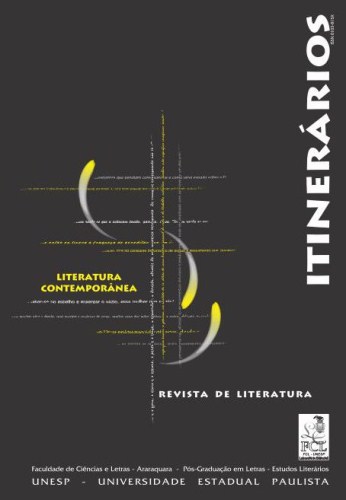Hilda Hilst and the (im)possibility of narrating (oneself)
Keywords:
Brazilian contemporary literature, Hilda Hilst, Allegory, Selfreferentiality, Military dictatorship,Abstract
This paper investigates to which extent Hilda Hilst, in Fluxo-Floema,makes use of procedures that bring into focus both the subject-narrator and thenarration itself in a way that it was divergent from that which was literarily practicedat that time. While during the dictatorship there was a trend of relating literature toa “compensatory function,” what Hilst actually offered as her debut in fiction wasrather ambivalent since she combined this function with frustration. In the case of thetext “Osmo” such combination takes place with the mismatch between the “promisednarration” and the “performed narration,” which announces both the text as a stagedverbal construction and the ambiguous attitude of the narrator-character faced with the necessity of verbalizing his story and approaching his readers. The postponement of the promised story causes frustration, which is allegorically conceived as a procedure of Hilst’s textual weave related to irony, violence and failure. Such aspects shed light on the paradoxical condition of narration and of his/her relationship with the literary market.the necessity of verbalizing his story and approaching his readers. The postponement ofthe promised story causes frustration, which is allegorically conceived as a procedureof Hilst’s textual weave related to irony, violence and failure. Such aspects shed lighton the paradoxical condition of narration and of his/her relationship with the literarymarketDownloads
Issue
Section
Contemporary literature
License
Os manuscritos aceitos e publicados são de propriedade da revista Itinerários. É vedada a submissão integral ou parcial do manuscrito a qualquer outro periódico. A responsabilidade do conteúdo dos artigos é exclusiva dos autores. É vedada a tradução para outro idioma sem a autorização escrita do Editor ouvida a Comissão Editorial.

